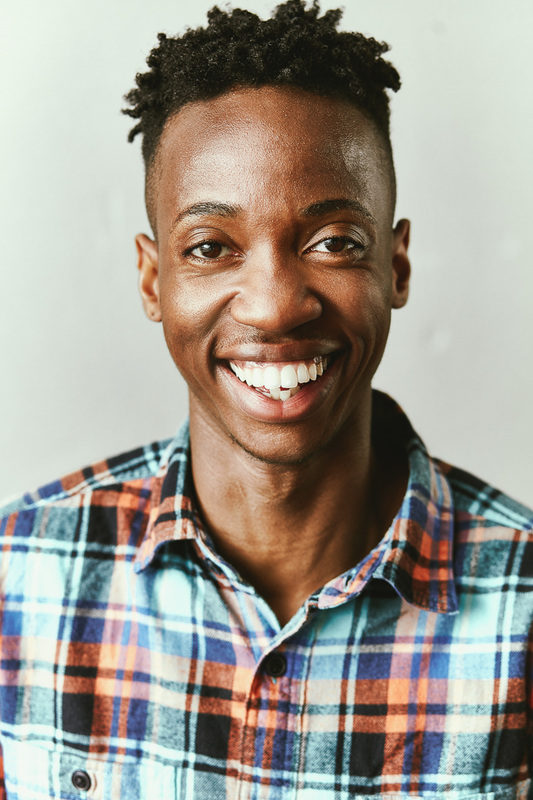Performing Arts
Kamari Roméo
Kamari Roméo
Kamari Roméo is an actor, producer, spoken word artist and transgender. Roméo graduated from the Royal Central School of Speech and Drama in 2019 with a distinction in Producing. He is a multi-disciplinary artist with interests in Psychology, Immersive Entertainment & Applied Theatre. Kamari’s work encourages audiences to be less passive and more engaged through an immersive aesthetic, awakening the audience’s own social responsibility through art that pollinates conversation.
Roméo was in foster care and has an adoptive father. When he was 17 and living with his mother he told her he was Trans, she asked him to leave the house within 3 days - this began a journey of living in hostels for 3 years. His mother was diagnosed with cancer in January 2018 and given a year to live; Roméo said they began to repair their relationship but sadly she died within 3 months. He explained that relatives in Zambia referred to him by his bith name and that his trans identity was a secret.
Humblebee Creative was founded in May 2019. Producing Credits Include: The Ritual (Battersea Arts Centre/Roundhouse), Urinal Residency (Live Art Development Agency) Television Credits Include: The Split 2 (BBC), Silent Witness (BBC). Theatre credits include: Straight White Men (Southwark Playhouse), Summer in London (Theatre Royal Stratford East) The Bear/The Proposal (Young Vic) Elemental (Bush Theatre), The Jungle Book (Emporium Brighton) and Alice in Wonderland (The Minack Theatre). Toybox is filmed poems – written at ten different ages by five care leavers – form an archive of their experiences.
“After my mother died suddenly in April 2018,” says Roméo, “I began to take an interest in the idea of deconstructing my childhood through the perspective of a child, piecing together the memories of my care experience. It suddenly felt more important than ever to delve into my history as a second-generation Zambian immigrant, growing up in England, playing with Chinese toys and watching American TV to figure out what parts of my multicultural upbringing I would hold on to as an adult out of the system. Through my mentorship with arts collective Lyrix Organic, I wanted to dissect how I could use poetry as a tool to communicate empathy, forgiveness and worth.”

